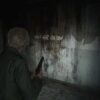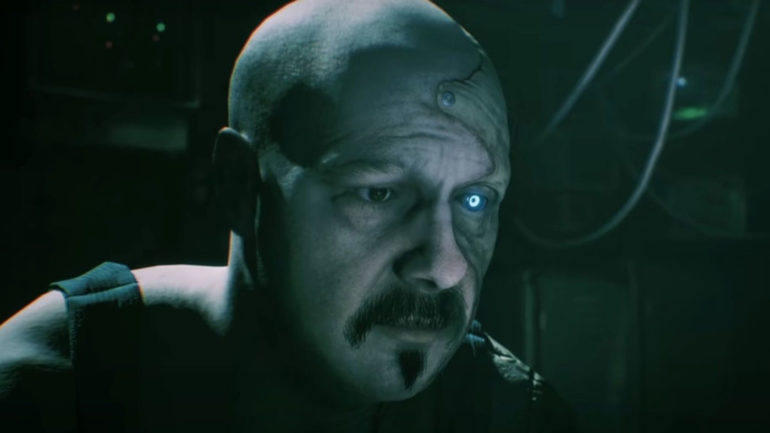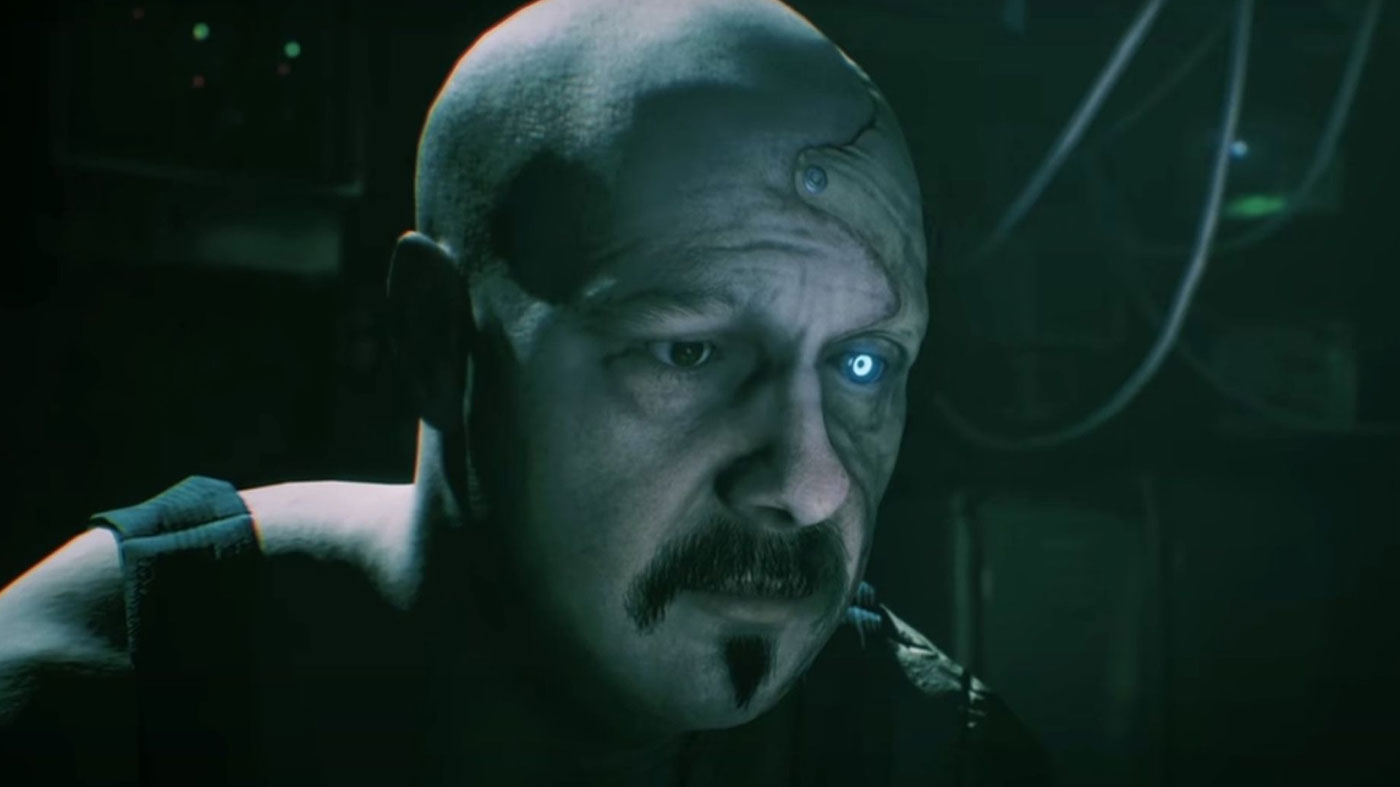Bloober Team, best known for their work on Layers of Fear and most recently Blair Witch, are the masters of modern psychological horror. Like their back catalogue, this cyberpunk detective-noir title Observer is an exercise in isolation that was so sorely underrated when it was released, so I’m pleased that it’s received a fresh powder coat for the next-generation of consoles. Although it’s more than that, System Redux comes with a host of refinements to the playability of Observer, polishing what went wrong the first time around while adding even more to the experience.
Observer is set in the developer’s homeland of Poland—in the city of Krakow, specifically—and you play a burnt-out detective named Daniel Lazarski, played by Blade Runner’s Rutger Hauer with a tremendously offbeat, peculiar cadence. After receiving a call from his estranged son Adam, Lazarski descends into a tenement building full of the leftover depraved and downtrodden—remnants of the ‘nanophage’, a digital plague that decimated the augmented community of near-future Poland. A lockdown causes Observer to take place pretty much entirely within these apartments and the building itself begins to feel like its own character the longer it goes.
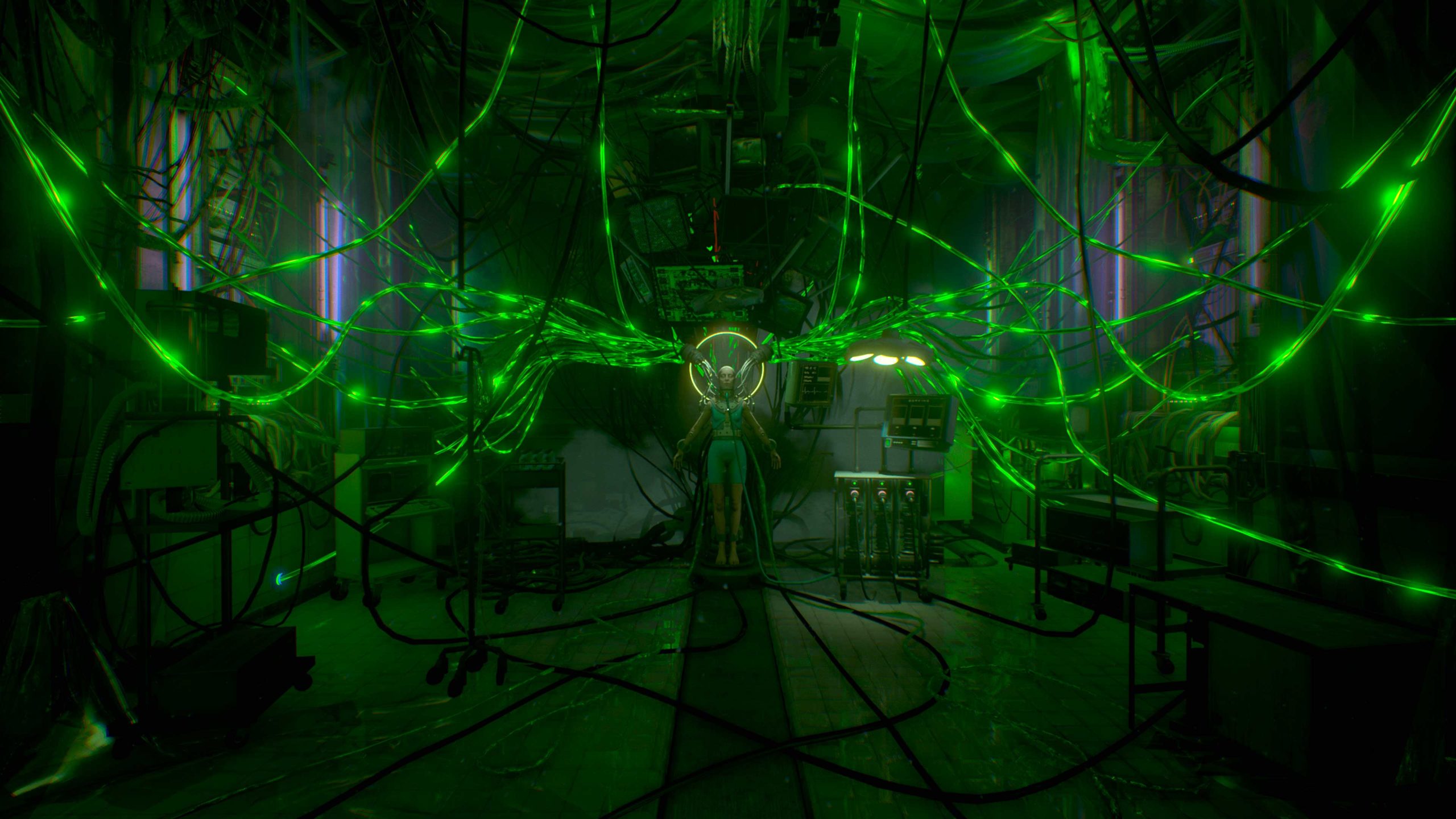
After finding a decapitated body left behind in Adam’s apartment, a bread crumb trail of clues leads Lazarski on a twisted tale. I do feel Observer’s story doesn’t quite do enough to match the game’s brilliant atmosphere and tone—which come complimentary with the bleak, digitised Krakow tenement house—but it’s serviceable, offers two distinct endings and places focus on a number of touchstone cyberpunk ideas. Its primary focus, however, is the control we relinquish as our humanity regresses at the mercy of technology’s long strides into the future.
Observer’s a game of two tones. As we’re introduced to Dan, his motivations, and his role as a detective who, through the use of his Dream Eater, can hack into the memories of both the living and dead, Observer maintains a gentle, slow burn of science-fiction that feels more like a psychological thriller, placing greater focus on the mystery at hand. I appreciate that Observer makes a concentrated effort to validate and humanise the troubled characters you hack, it gives them all a much more satisfying arc to learn about dreams they once had and what led them to their ultimate demise. However, after too many calculated risks that see Dan’s faculties crack and the memories grow far more abstract and dangerous. It’s at this point the horror creeps in—represented by a disfigured, augmented hulk that stalks Dan through his digital subconscious deep dive—and it’s to great effect, as dread consumes the setting and makes the game’s second-half an atmospheric thrill ride even as the story loses its way.
These stealth moments that required the player to hide didn’t land when the game first released a few years ago, the A.I. felt cheap and the whole idea was a wellspring of frustration. Bloober Team has paid special attention to these sections and has refined them to make them much easier to manage. I still don’t know if these moments, despite being improved upon, will be a hit. So much of Observer’s first act is spent being slow and calculated, for the major threat in the game to appear and slow things down feels odd.
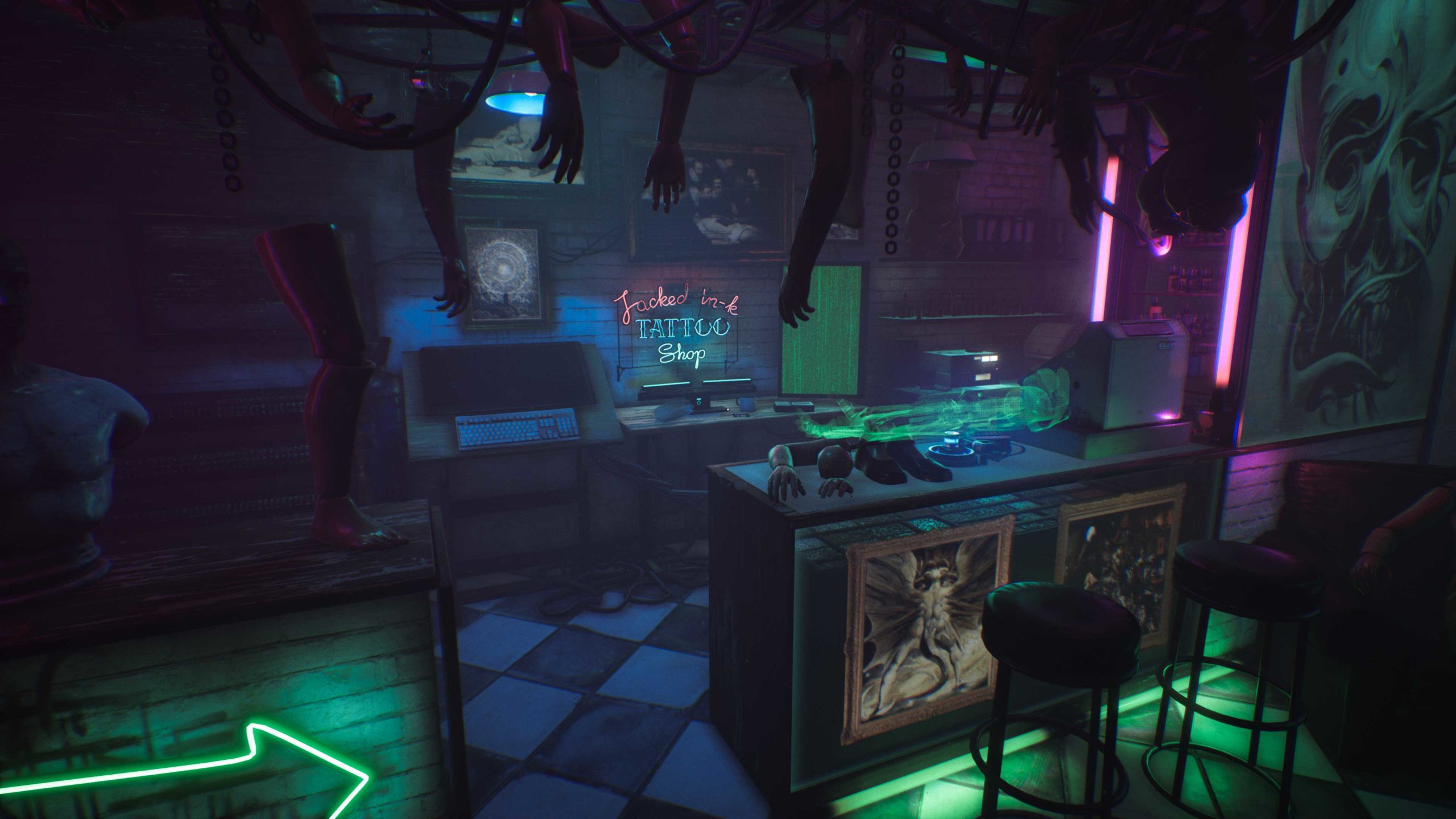
Exploring the apartment building and lumbering from clue to clue is very much the aim of Observer, although simply chewing the fat with curious residents who are safeguarded by their huge, bolted security doors is an unexpected pleasure. There are so many colourful characters that help flesh out and build a true sense of place in Observer, there wasn’t a door I didn’t try. There’s a small menu screen you’ll pull up from time to time to remind you which case you’re working on, count your collectibles and top up on your Synchrozine to keep everything straight. If you opt-out of helping Dan take his meds, the screen will continue to distort and glitch out—a nice little world-building detail that shows the continual cost that comes with embracing augmentation.
System Redux is more than a simple coat of paint, it also comes with plenty of refinement in how the game handles and performs. The player mobility feels smooth, but I wish more improvements were made to environmental interaction which feels so cumbersome. I’d have to walk in and out, and from side to side, just hoping the small indicator would pop up. It’s a minor frustration that could have easily been ironed out, but it also isn’t a game-breaker. Dan comes equipped with two vision modes, biological and electromagnetic, which helps him comb crime scenes for clues. It’s a cool touch that, again, serves to round out and give further context to Dan’s role as an Observer. That said, it doesn’t feel as though they’re used practically as much as they could have been, they prove to be absolutely necessary a handful of times.
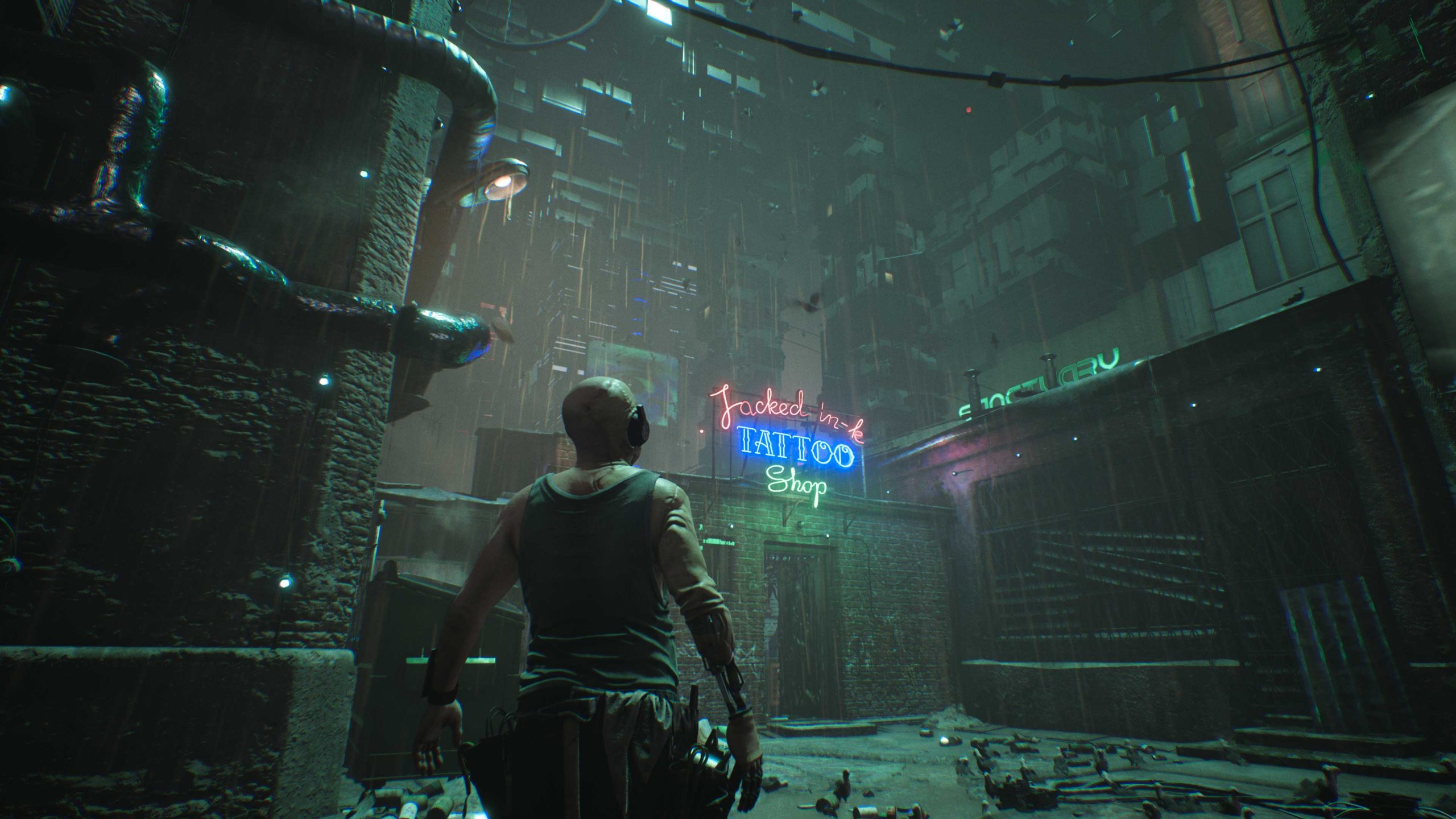
System Redux isn’t a 1:1 recreation of Observer either, it comes with a bit of added content. There are three new cases in all, all with their own subplots that take subject matter dear to the genre and tell contained stories that, while complimentary to the setting and world Observer puts at the forefront, having a bit of a ‘cutting room’ feel to them. This doesn’t mean they’re bad, they just don’t feel as fully realised and complete as the game’s main offerings—but I’ll never say no to hooking up the Dream Eater. System Redux also features a beautiful nod to Rutger Hauer, the now-late star of the game, and I can’t even lie, my eyes did well and I resolved to watch Blade Runner again soon.
Bloober Team’s ability to take one-note locales and turn them into remarkable settings is something they’ve always been good at—it worked in Layers of Fear’s art studio and Blair Witch’s labyrinthian woods, and it has worked again for Observer with the System Redux upgrade. The game’s new and augmented visuals certainly do plenty to deepen the atmosphere and gruesome tone of Observer, from the overhauled textures and character models to the ray tracing, the game is really pretty. With much of the original, janky animations still intact, I don’t feel like System Redux truly pushes next-gen hardware, but it’s a marked improvement on the original.
